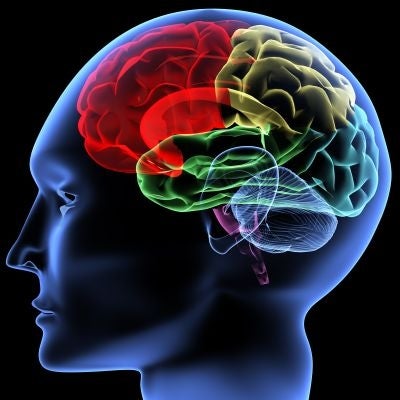A new study is digging deeper into the links between emotions and morality, essentiality the ability to judge if a situation is right or wrong.
A team of neuroscientists from Massachusetts Institute of Technology (MIT) and the University of Southern California (USC) published their recent findings in Neuron, a neuroscience journal, on March 25.
"We're slowly chipping away at the structure of morality," said Liane Young, lead author of the study and postdoctoral associate in MIT's Department of Brain and Cognitive Sciences. "We're not the first to show that emotions matter for morality, but this is a more precise look at how emotions matter."
The researchers conducted the study with a group of nine individuals that had brain damage to their ventromedial prefrontal cortex (VMPC), the portion of the brain found to regulate emotions.
Patients who have experienced brain trauma due to tumors or aneurisms do not have the ability to process "empathy or embarrassment, but they have a perfectly intact capacity for reasoning and other cognitive functions," said Young.
Each of the nine participants was given 24 hypothetical scenarios to judge that combined intentional and accidental harms. The results showed, "They can process what people are thinking and their intentions, but they just don't respond emotionally to that information," continued Young. "They can read about a murder attempt and judge it as morally permissible because no harm was done."
The researchers concluded that moral judgments require both an emotional response and a reasonable "assessment of the intention."
Young explained that she is looking forward to expanding the study with more personal hypothetical scenarios to measure the response when the situation contains a personal threat and possibly a new study that includes subjects who experienced VMPC damage at a young age to see if the responses are similar to those with recent damage.
Full study, "Damage to ventromedial prefrontal cortex impairs judgment of harmful intent": http://www.cell.com/neuron/abstract/S0896-6273%2810%2900172-8
Subscribe to Independent Premium to bookmark this article
Want to bookmark your favourite articles and stories to read or reference later? Start your Independent Premium subscription today.


Join our commenting forum
Join thought-provoking conversations, follow other Independent readers and see their replies